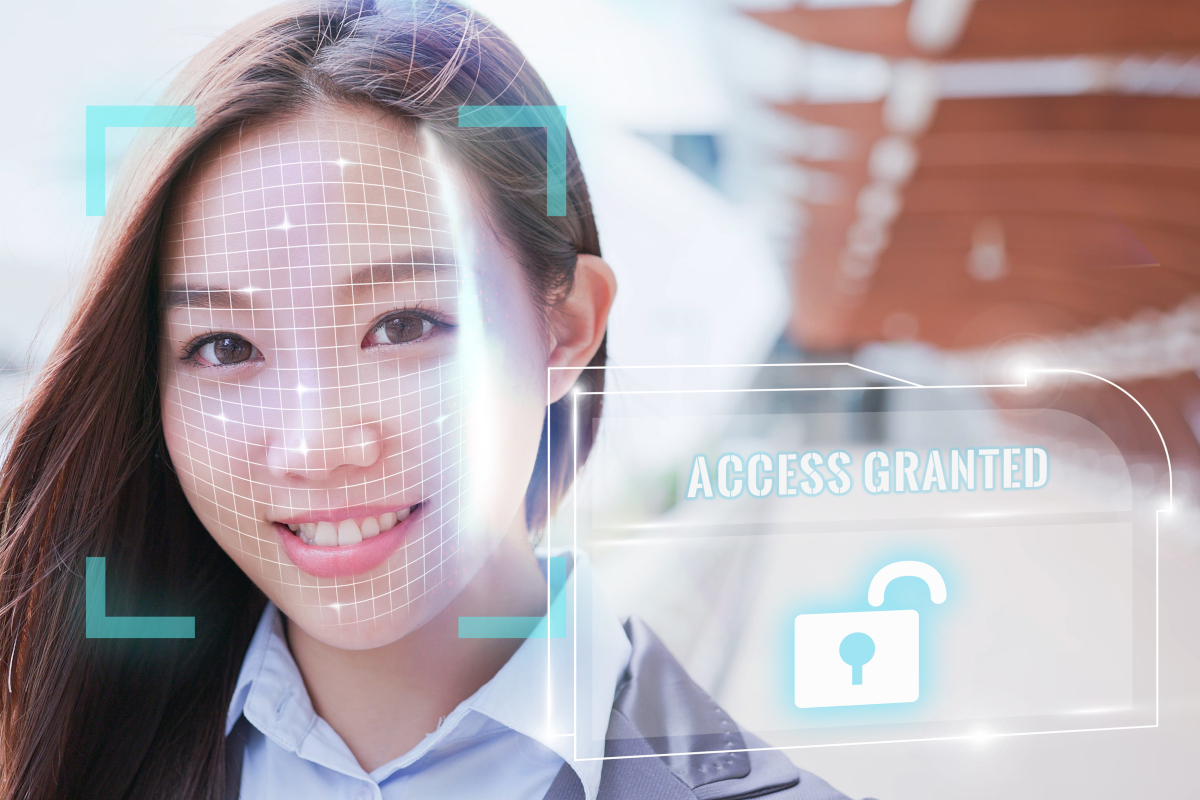Keeping Your Business Safe with Multi-Factor Authentication
May 3rd, 2024 by admin

In today's digital age, data security is more important than ever for businesses of all sizes. With cyber threats on the rise and the potential for catastrophic data breaches looming, it's crucial that companies take proactive steps to protect their sensitive information and systems.
One of the most effective ways to enhance data security is through the implementation of multi-factor authentication (MFA).
What is Multi-Factor Authentication?
Multi-factor authentication is a security process that requires users to provide two or more forms of verification to gain access to an account or system. This typically involves a combination of something the user knows (like a password), something the user has (like a physical token or mobile device), and something the user is (like a biometric factor like a fingerprint or facial recognition).
The basic idea behind MFA is that even if one form of authentication is compromised, the additional factors provide an extra layer of protection, making it much harder for unauthorized individuals to gain access.
Why is MFA Important for Businesses?
- Protection Against Credential Theft and Brute-Force Attacks - One of the primary reasons MFA is so important for businesses is that it helps protect against credential theft and brute-force attacks. If an attacker manages to obtain an employee's password through phishing, keylogging, or other means, they would still need access to the additional authentication factors to actually gain entry. This significantly reduces the risk of a successful breach.
- Compliance with Regulations and Industry Standards - Many industries, such as finance, healthcare, and government, have strict regulations and standards in place regarding data security and privacy. Implementing MFA can help businesses demonstrate compliance with these regulations and avoid costly fines or penalties for non-compliance.
- Secure Remote Access - With more employees working remotely than ever before, it's essential to have secure remote access solutions in place. MFA adds an additional layer of security to remote access protocols, ensuring that only authorized users can access sensitive systems and data from outside the corporate network.
- Protection Against Internal Threats - While external threats often get the most attention, internal threats from disgruntled or careless employees can be just as damaging. MFA can help mitigate the risk of insider threats by making it much harder for unauthorized individuals to access sensitive data, even if they have physical access to a device or workstation.
- Improved User Accountability - MFA also enhances user accountability by providing a clear audit trail of who accessed what systems and when. This can be invaluable in the event of a security incident, as it helps pinpoint the source and scope of the breach, enabling a more efficient and effective response.
Implementing MFA in Your Business
While the benefits of MFA are clear, implementing it in a business environment can present some challenges. Here are a few tips to help ensure a successful MFA deployment:
- Choose the Right Authentication Factors - When selecting authentication factors, consider factors like usability, security, and cost. Common factors include mobile apps, hardware tokens, biometrics, and one-time passwords (OTPs).
- Prioritize User Experience - While security is paramount, it's also important to consider the user experience. Overly complex or cumbersome MFA processes can lead to user frustration and potential workarounds that undermine security.
- Provide Training and Support - Educate your employees on the importance of MFA and provide clear guidance on how to use the chosen authentication methods. Offer ongoing support to address any issues or concerns.
- Integrate with Existing Systems - Look for MFA solutions that integrate seamlessly with your existing infrastructure and applications, minimizing disruption and simplifying deployment.
- Monitor and Adjust Regularly - review your MFA implementation and adjust as needed to address evolving threats and changing business requirements.
Multi-factor authentication is an essential component of a robust data security strategy for businesses of all sizes. By adding additional layers of protection beyond traditional password-based authentication, MFA significantly enhances your defenses against a wide range of cyber threats, including credential theft, brute-force attacks, and insider threats.
While implementing MFA may require some upfront effort and investment, the potential costs of a data breach make it a worthwhile investment in protecting your business, customers, and reputation. Contact us today to learn more.
If you want to learn more about Multi-Factor Authentication, contact us today.
Posted in: Security, Cyber Security

